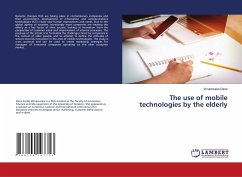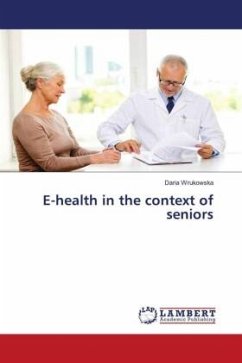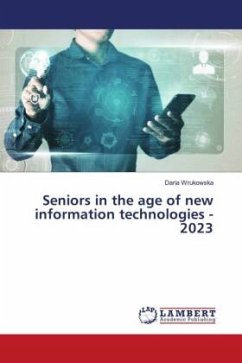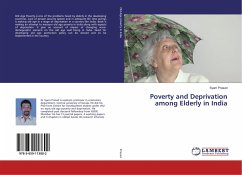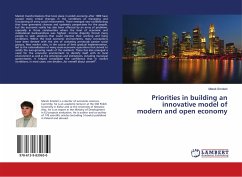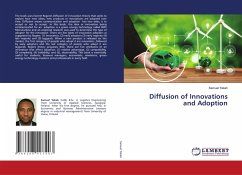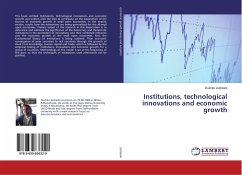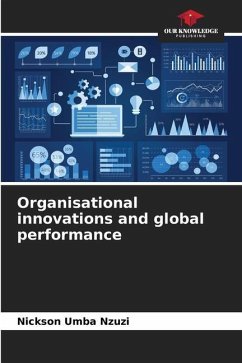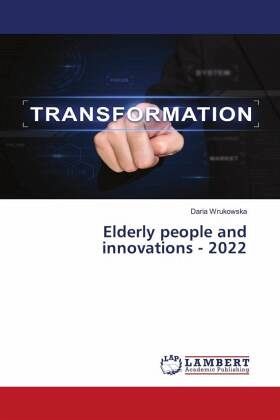
Elderly people and innovations - 2022
Versandkostenfrei!
Versandfertig in 6-10 Tagen
29,99 €
inkl. MwSt.

PAYBACK Punkte
15 °P sammeln!
Along with technical progress and ongoing changes in the economic sphere, standard of living and social awareness of individuals as well as achievements in today's medicine, visible developments are taking place in the population age structure at the different stages of demographic transition. These processes lead to shifts in proportions of the various population age groups, resulting in population ageing. Besides globalisation, internationalisation, innovation stimulation and dynamic development of the knowledge-based economy, they are perceived as an important socio-economic trend. Populati...
Along with technical progress and ongoing changes in the economic sphere, standard of living and social awareness of individuals as well as achievements in today's medicine, visible developments are taking place in the population age structure at the different stages of demographic transition. These processes lead to shifts in proportions of the various population age groups, resulting in population ageing. Besides globalisation, internationalisation, innovation stimulation and dynamic development of the knowledge-based economy, they are perceived as an important socio-economic trend. Population ageing and intensified depopulation processes have a significant impact on the lifestyle, family model and a redefinition of life priorities and, consequently, on consumption and consumer behaviour of today's consumers, including the elderly.



